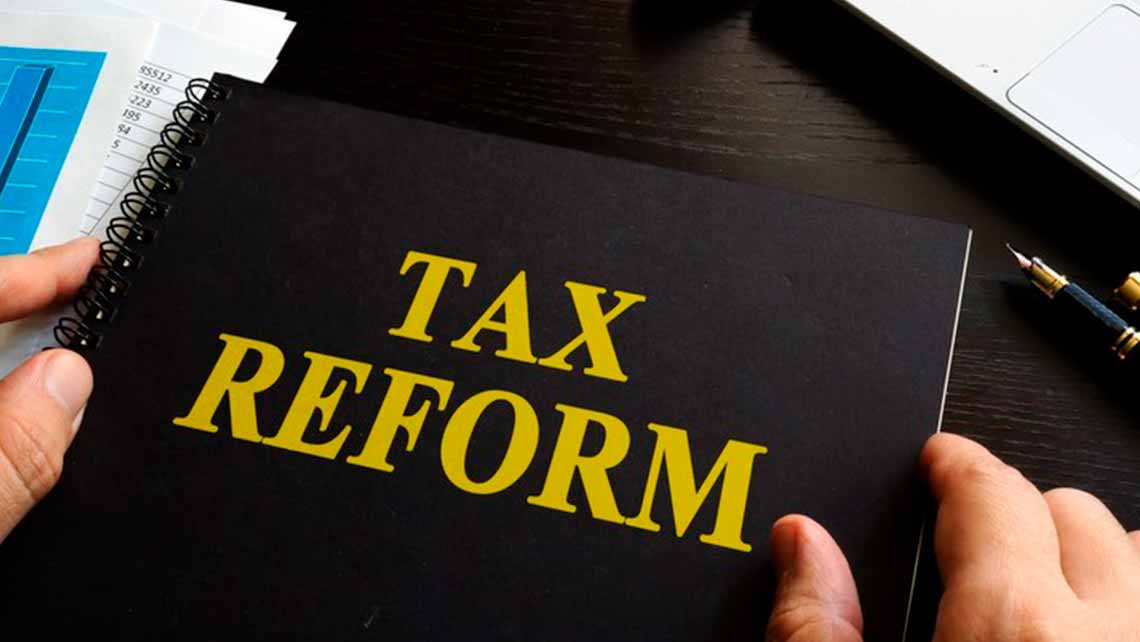|
MEDIA ADVISORY
Greg Mankiw (Harvard) weighs in to show that there are theoretically large gains to labor when you reduce taxes on capital. Casey Mulligan (Chicago) cites Larry Summers’ own work to make a point that has long been standard fare in economics: a tax on capital is ultimately born by labor, not owners of capital. Alan Auerbach(Berkley) apparently agrees. See also John Cochrane (Stanford) and Steve Landsburg(Rochester).These are theoretical observations. There is only one model that can handle the empirical data, however, and that is the model developed by Larry Kotlikoff, Alan Auerbach and their colleagues. It is the only model that links international capital flows to corporate taxation all over the world. The model took three years to develop. It has 3 ½ million equations. A single run requires several computers operating 14 continuous hours. Studies based on the model appear at the NBER Working Paper Website – the most prestigious place for economics papers to be.
Here is Kotlikoff et. al. with their technical analysis of the GOP’s Unified Framework.
Here is a lay summary of the findings in the Wall Street Journal.
Here is Kotlikoff et. al. with their technical analysis of the Ryan/Brady Better Way tax proposal.
Here is a lay summary of the findings at the Goodman Institute web site.
Instead of 100% expensing of new investments, the new plan allows for expensing of equipment only. It appears to retain the deductibility of interest by business borrowers. And it steps back from the implicit wealth tax in the original proposal. Compared to simulations reported at the Goodman Institute website:
About the Goodman Institute
Led by Dr. John C. Goodman, the Goodman Institute for Public Policy Research (GIPPR), is a nonprofit, nonpartisan public policy research organization that promotes private alternatives to government regulation and control, solving problems by relying on the strength of the competitive, entrepreneurial private sector. Topics include reforms in health care, taxes, and entitlements. Visit www.goodmaninstitute.org.
###
|
|
Media Contact:
J. Waylon & Associates
214-613-0073
Waylon Tate | waylon@jwaylon.com
Kourtney Hamilton | kourtney@jwaylon.com
|

0 Comments